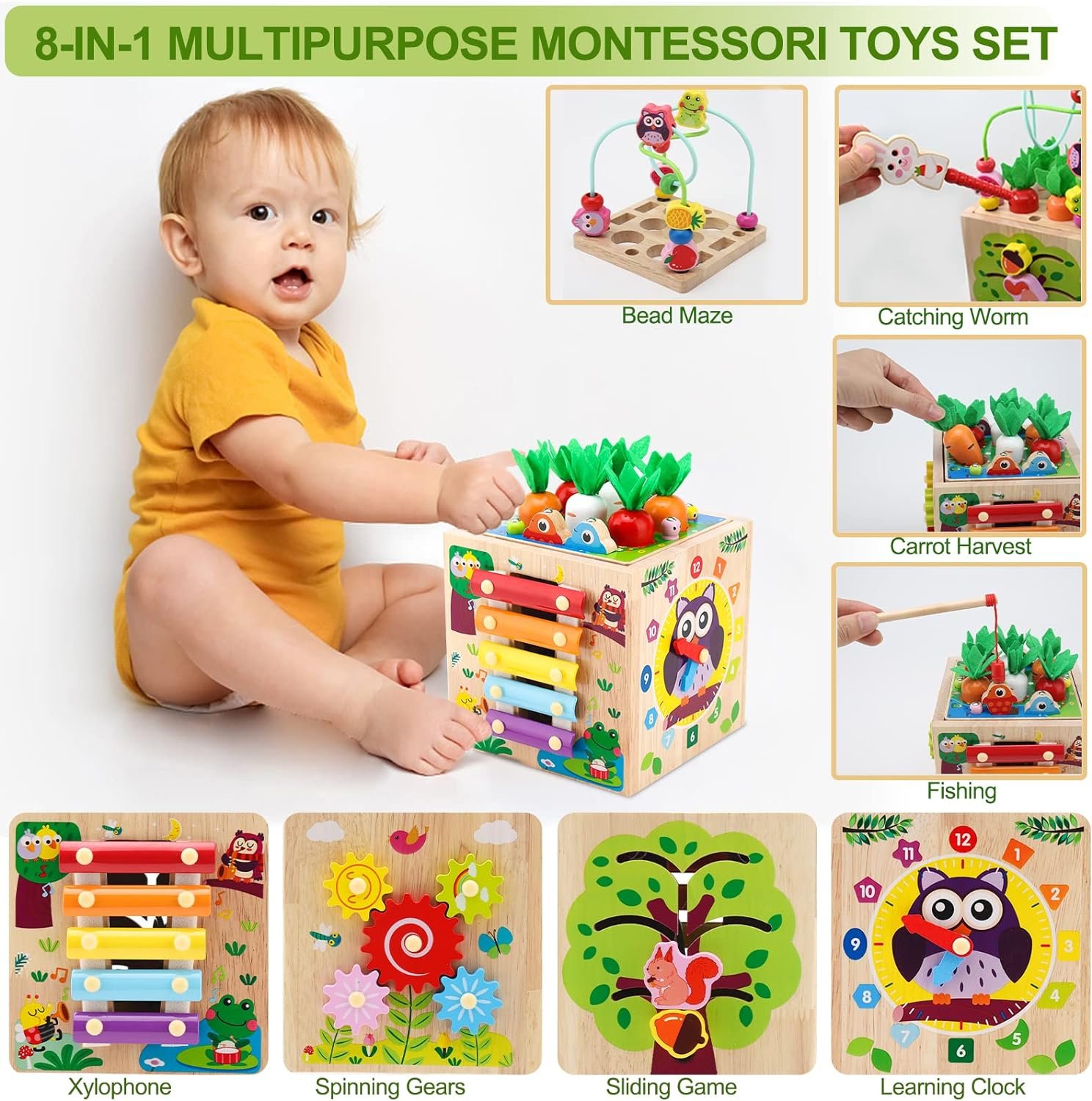“Understanding Parental Burnout: Signs, Symptoms, and Solutions” explores the hidden realities of parental burnout, focusing particularly on the experiences of stay-at-home parents. The article aims to shed light on the challenges and expectations faced by parents in their daily lives, emphasizing the need for breaks and self-care. Through personal anecdotes and expert insights, the article highlights the emotional stages of parental burnout and addresses the negative effects it can have on both parents and children. Additionally, it offers practical solutions and strategies for avoiding burnout, underlining the importance of societal support and appreciation for the work of stay-at-home parents.
Read more about the latest articles
Stay-at-Home Parents Are Always “On”
Being a stay-at-home parent is a full-time job that requires constant attention and engagement. Unlike traditional jobs that come with official breaks, stay-at-home parents are always “on.” They must be mentally and physically present for their children at all times, which can be emotionally and physically draining. While the long-term effects of being a present and active parent are significant, it is important to recognize the challenges and difficulties that stay-at-home parents face.
Read more about the latest articles
The Challenges of Being a Stay-at-Home Parent
Stay-at-home parents face a unique set of challenges that can lead to feelings of exhaustion and burnout. They are responsible for managing the household, caring for the children, and often juggling other responsibilities such as errands or appointments. The lack of breaks and constant demands can take a toll on their mental and physical well-being.
Recognizing the Signs of Parental Burnout
Parental burnout is a real and recognized condition that can affect stay-at-home parents. It is important to recognize the signs and symptoms of parental burnout in order to address it effectively. Some common signs of parental burnout include overwhelming exhaustion, distancing oneself from children, loss of fulfillment in being a parent, and extreme frustration with the parenting role. It is crucial to address these signs and seek support before burnout becomes overwhelming.
Understanding the Impact of Parental Burnout
Parental burnout can have a significant impact on both the parent and the child. When parents are burned out, they may experience distress, shame, and guilt due to the contrast between the parents they were, the parents they would like to be, and the parents they have become. This emotional burden can affect their overall well-being and their ability to provide quality care for their children. It is important to address and prevent parental burnout to maintain a healthy and nurturing environment for both parent and child.
Prevalence of Parental Burnout
Studies have shown that parental burnout is a prevalent issue, and it is not limited to specific countries or cultures. A study conducted by Belgian researcher Isabelle Roskam and her colleagues found that the prevalence of parental burnout is highest in the United States, Poland, and Belgium, with rates between 7% and 8%. These findings indicate that parental burnout is a global concern that needs to be addressed.
The Importance of Self-Care for Parents
Self-care is crucial for stay-at-home parents to prevent and address burnout. Taking care of oneself is not only beneficial for the parent’s well-being but also for the child’s. When parents prioritize self-care, they can replenish their energy, reduce stress, and improve their overall mental and physical health. By practicing self-care, parents can be more present and engaged with their children and provide them with the care they need.
Effective Self-Care Strategies
There are various self-care strategies that stay-at-home parents can incorporate into their daily routines to prevent burnout. These strategies include taking time off, engaging in physical activity, practicing meditation or mindfulness, connecting with friends and loved ones, and engaging in hobbies or activities for personal enjoyment. By prioritizing self-care and finding time for themselves, parents can recharge and enhance their well-being.
Supporting Stay-at-Home Parents
Support from family, friends, and the community is essential for stay-at-home parents. It is crucial to foster a supportive environment where stay-at-home parents feel valued and appreciated for the work they do. Offering assistance, whether it’s watching the children for a few minutes or helping with household tasks, can make a significant difference in preventing burnout and promoting the well-being of stay-at-home parents.
Changing Perceptions of Stay-at-Home Parenting
There is a need to change the perception of stay-at-home parenting. Too often, stay-at-home parents are seen as having endless free time or not working as hard as those in traditional jobs. This perception is dismissive and harmful, contributing to the lack of support and recognition for stay-at-home parents. It is important to acknowledge the challenges, responsibilities, and dedication that come with being a stay-at-home parent and to appreciate their work.
Offering Support to Stay-at-Home Parents
To offer support to stay-at-home parents, it is important to recognize the challenges they face and validate their experiences. Providing emotional support, offering practical assistance, and creating opportunities for self-care can go a long way in helping stay-at-home parents maintain their well-being. Additionally, advocating for policies that support and benefit stay-at-home parents, such as access to affordable child care or flexible work arrangements, can also make a positive impact. Ultimately, supporting stay-at-home parents is not just beneficial for them, but for the well-being of families and communities as a whole.
In conclusion, being a stay-at-home parent comes with its own set of challenges and responsibilities. Parental burnout is a real issue that can affect the well-being of both parents and children. Recognizing the signs of burnout, prioritizing self-care, and offering support are crucial steps in addressing and preventing parental burnout. By changing perceptions and providing support, we can create an environment where stay-at-home parents feel valued and appreciated for the important work they do.











